Performing rights organizations are essential middle men that help music creators (like yourself) manage and collect royalties for their work.
They make sure that songwriters, composers, and music publishers receive fair compensation whenever their music is played publicly.
So, if you’re involved in the music industry, you’ll need to know all about the top performing rights organizations to protect your music.
As well as maximize your income and make sure you’re properly credited.
In today’s article, we’ll break down:
- What performing rights organizations do ✓
- Collecting and distributing royalties ✓
- Public performance royalties ✓
- Mechanical royalties ✓
- What a music publisher does ✓
- Why PROs matter ✓
- Top PROs in America & in other countries ✓
- Choosing the right PRO for you ✓
- Impact on streaming services ✓
- Changes in the music industry ✓
- FAQs about joining a performing rights organization ✓
- How royalties are calculated ✓
- Copyright law and PROs ✓
- Much more ✓
After reading this article, you’ll know everything about performing rights organizations so your music is monetized and taken care of.
Plus, you’ll be able to master the complexities of the music industry and boost your earnings without worrying about missing out on any royalties or copyright laws.
Because, let’s face it, there is nothing worse than putting your heart into your songs and getting screwed over because of a minor technicality.
So, let’s dive in…
Table of Contents
- What are Performing Rights Organizations?
- How Do Performing Rights Organizations Really Operate?
- What Does a Music Publisher Do?
- Why Performing Rights Organizations Matter
- Top 3 Performing Rights Organizations in America
- Other Notable Performing Rights Organizations
- Choosing the Right Performing Rights Organization For You
- FAQs About Performing Rights Organizations
- Performing Rights Organization: Final Thoughts
What are Performing Rights Organizations?
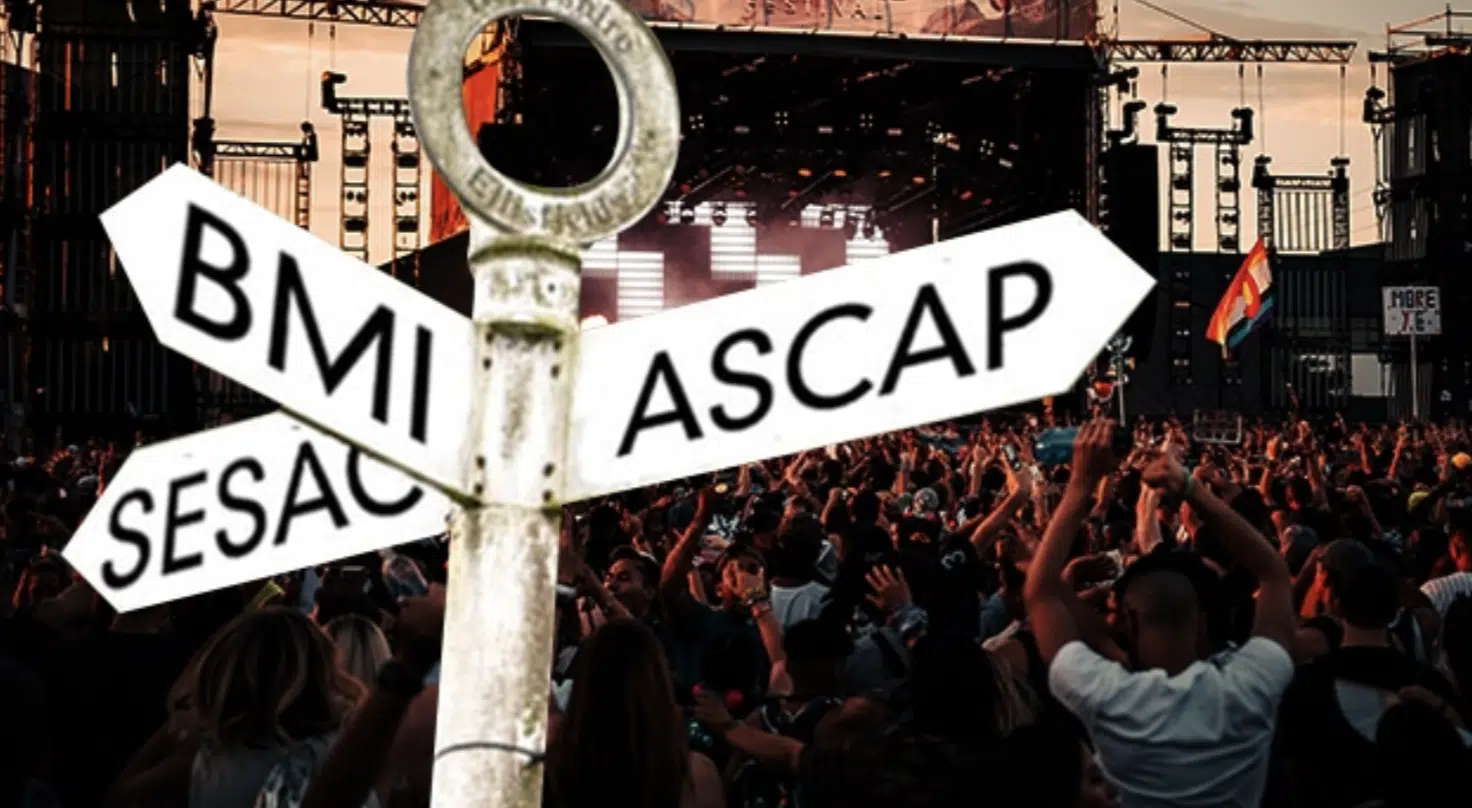
Performing rights organizations (PROs) exist to protect the rights of music creators by ensuring they receive royalties when their songs are performed publicly.
This includes:
- The radio
- TV shows
- Streaming services
- Live performances
- Small venues
- Etc.
Performing rights organizations play a key role in the music industry by looking out for music creators trying to balance working and getting paid for that work.
Without them, it would be nearly impossible for you to track and collect royalties from every single public performance of your work.
But thankfully, they handle this complex task so you don’t have to.
PROs also advocate for the rights of music creators 一 ensuring fair compensation in an industry that’s constantly evolving and changing.
They deal with copyright laws and support the financial well-being of artists so they don’t get screwed over or ‘lawyered’ out of any money.
Don’t worry, we’ll break it all down (in detail) throughout the article.
How Do Performing Rights Organizations Really Operate?
Performing rights organizations have a super calculated way of making sure music creators of all kinds are paid properly for their musical works. Let’s start by diving into the business side of things.
-
The Business Side
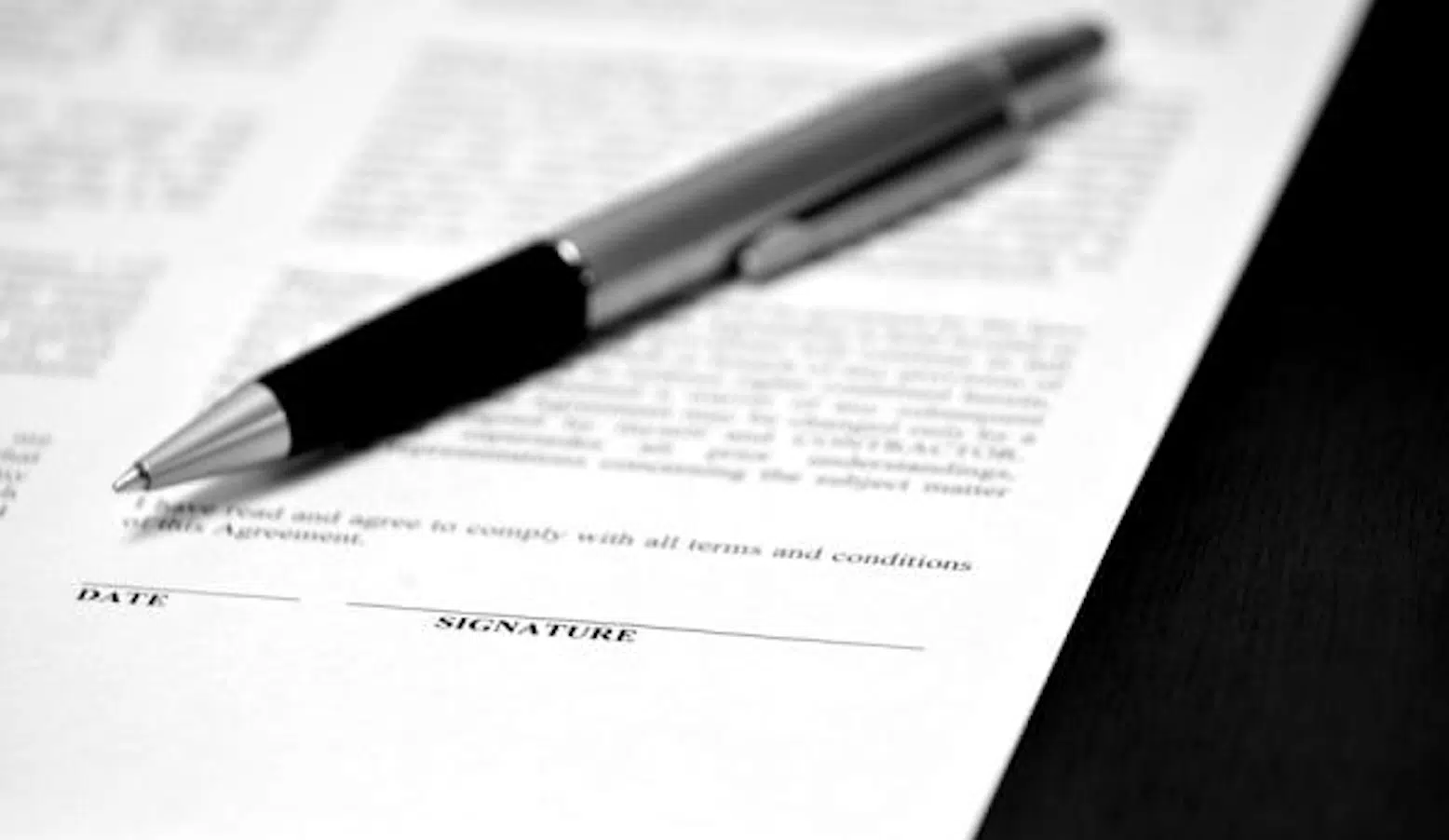
Performing rights organizations work by licensing the public performing rights of your tracks to different businesses and broadcasters.
They issue licenses that allow them to legally play music in public settings.
It involves:
- Negotiating license fees
- Monitoring music use
- Collecting royalties
PROs then distribute these royalties to songwriters, composers, and music publishers based on performance data collected from various sources.
Once the data is collected, PROs calculate the royalties owed to each unique music creator based on the frequency and scope of the performances.
Bottom line, every time your song is played in a public setting, you’ll earn money back 一 so whether it’s a hobby or a full-time job, you’ll get paid like a professional.
-
Public Performance Royalties

Public performance royalties are payments made to music creators when their works are performed publicly.
They’re a primary source of income for many songwriters and musicians, actually.
Public performance royalties are different from mechanical royalties, which are paid for the reproduction of music (such as when songs are sold or streamed online).
For example, if your pop song lands on the radio, you’ll collect public performance royalties every single time without having to worry about it.
The radio station simply pays a license fee to the PRO, which then collects and distributes royalties to you based on the number of times your song is played.
-
Mechanical Royalties
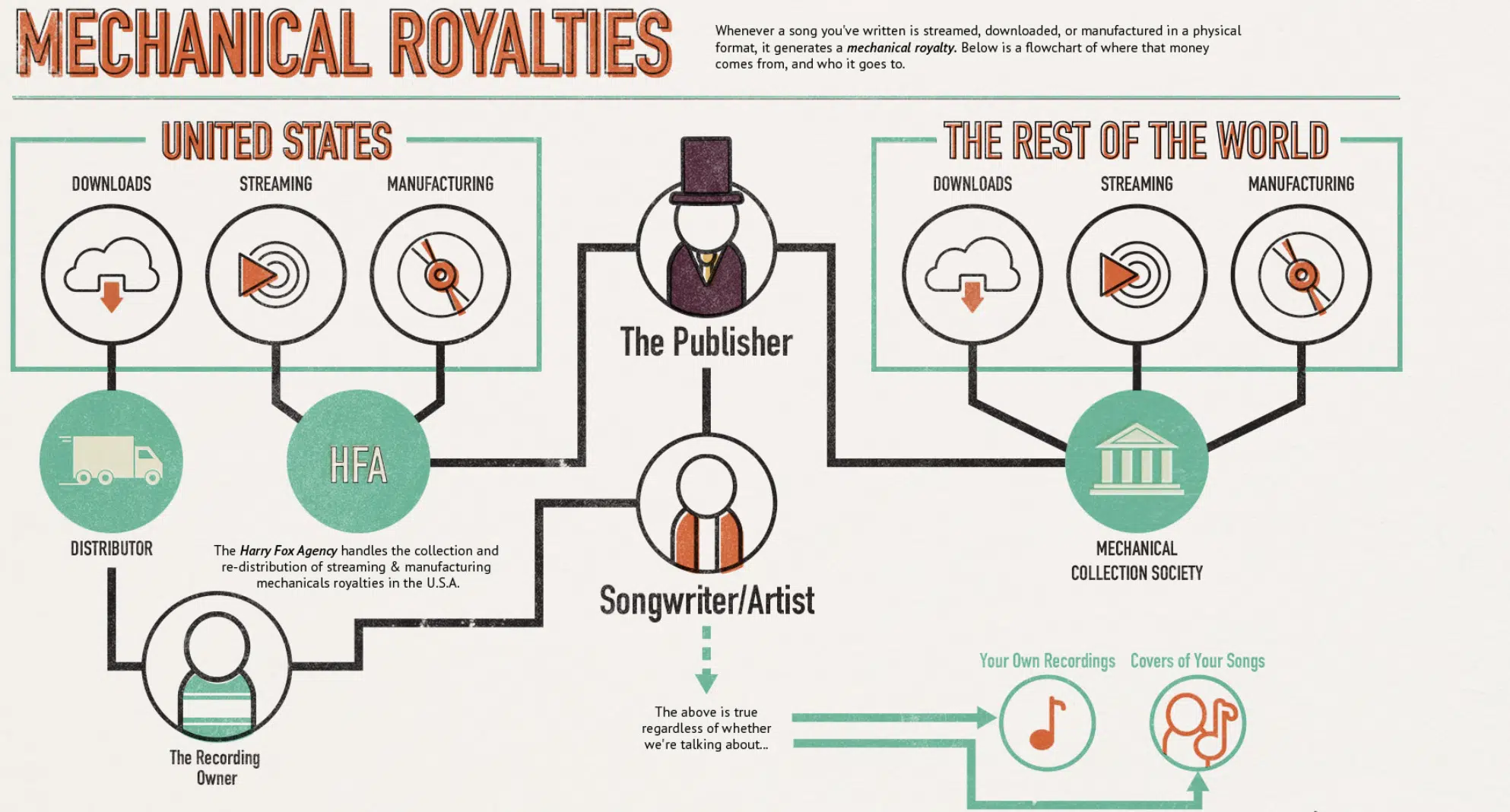
Mechanical royalties, on the other hand, are generated when music is reproduced, either physically or digitally.
This includes sales of:
- CDs
- Vinyl
- Digital downloads
- Streams on platforms like Spotify and Apple Music
Both public performance and mechanical royalties are essential for your financial well-being for both the performance and reproduction of your music.
For example, every time your song is streamed on a service like Spotify, a mechanical royalty is generated.
This royalty is collected by the PRO and then distributed to you based on the number of streams 一 very straightforward.
What Does a Music Publisher Do?

A music publisher works closely with performing rights organizations, managing the business side of music creation so you can focus on making music.
By collaborating with PROs, a music publisher keeps track of where and when songs are played, so you get all the money you’re owed.
For example, if your songs played on a popular TV show, the PRO collects royalties from the broadcaster and then distributes a portion of these royalties to the:
- Songwriter
- Music publisher
- Any other stakeholders
This collaboration ensures that all parties involved in the creation of a song receive their fair share of the income generated from public performances.
Why Performing Rights Organizations Matter

Performing rights organizations are all about protecting music creators who want to get their music out there and get compensated for it.
PROs literally help maintain the financial sustainability of the entire music industry.
Without PROs, many artists like yourself would struggle to earn a living from their art, which would mean we’d miss out on a lot of great music.
For instance, an independent artist might have their song played on a local radio station or streamed on a popular platform.
Without a PRO, they’d have to negotiate and collect royalties from each individual broadcaster or platform, which is super impractical and inefficient.
-
Pro Tip

Making sure you are fairly compensated as a songwriter is pretty much the key function of performing rights organizations.
So, while it might sound simple to manage your own money and royalties, just remember it gets very complicated and you never want to lose out on any money.
Top 3 Performing Rights Organizations in America
The United States is home to several top performing rights organizations, and we’re breaking down the three main PROs around right now.
#1. ASCAP (American Society of Composers, Authors, and Publishers)

ASCAP, founded in 1914, is one of the oldest and most respected performing rights organizations in the world.
This performing rights society represents over 850,000 songwriters, composers, and music publishers across various genres.
So let’s just say, they have an insane amount of credibility.
And, as a nonprofit organization, ASCAP is super dedicated to ensuring that you’re paid properly for any live performance you’re involved in.
ASCAP also offers several benefits, including:
- Access to valuable industry resources
- Networking opportunities
- Educational programs
Members also receive performance royalties based on the frequency and scope of their music’s public performances.
ASCAP charges a one-time membership fee, which is relatively affordable compared to other PROs, so it’s perfect for both emerging and established artists alike.
#2. BMI (Broadcast Music, Inc.)
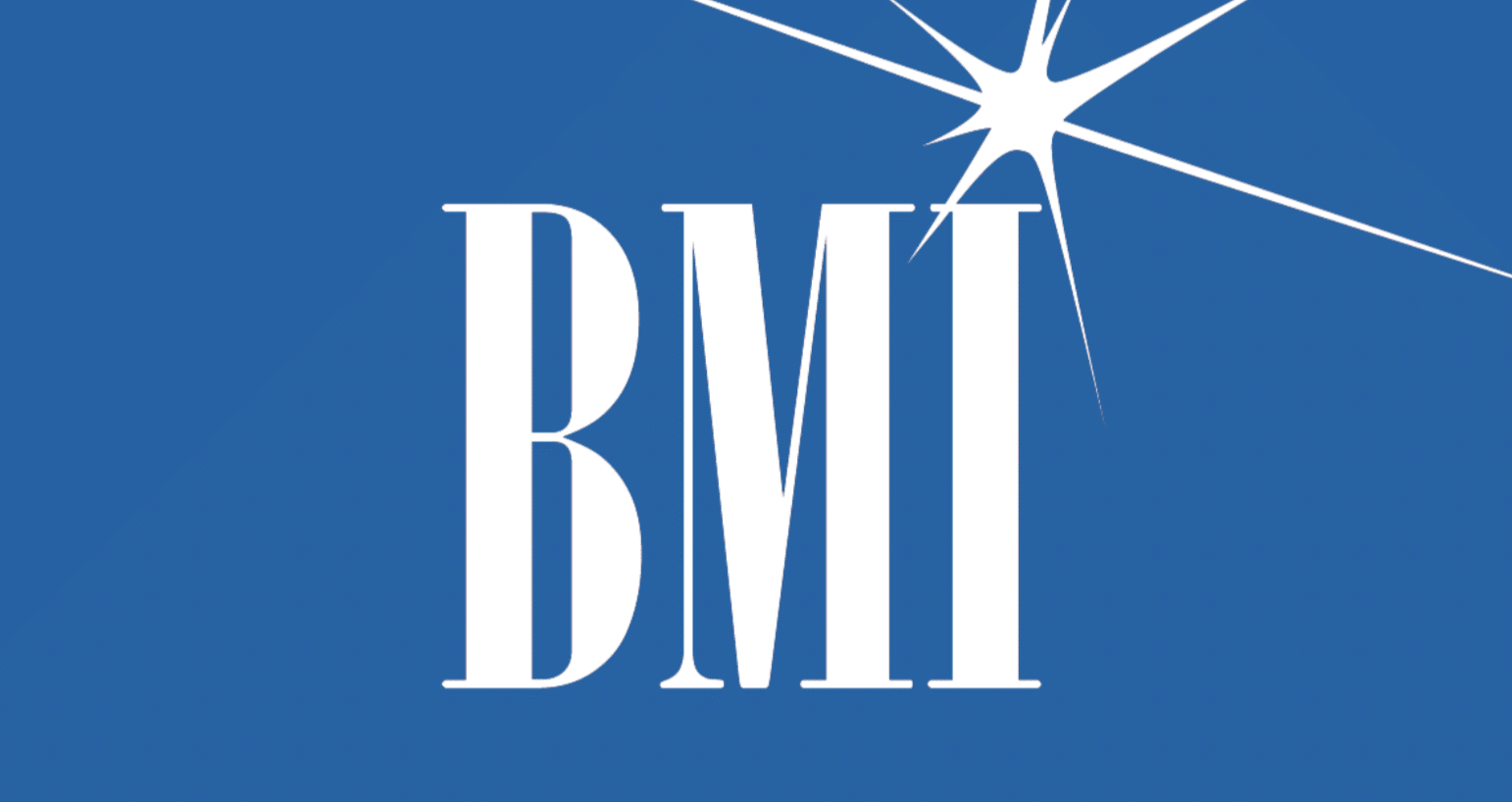
BMI, established in 1939, is another leading performing rights organization that people trust and can rely on.
It represents over 1.2 million songwriters, composers, and music publishers at the time of this article 一 making it one of the largest PROs in the world.
BMI is known for its extensive catalog and its commitment to supporting music creators from all genres and backgrounds.
BMI provides numerous benefits, including:
- Competitive royalty rates
- Career development opportunities
- Access to exclusive events
And, in such a competitive field, these resources can really be valuable.
They also offer online tools to help members track their royalties and manage their catalogs/each sound recording.
So, overall, it’s one of the most reliable performing rights organizations around.
NOTE
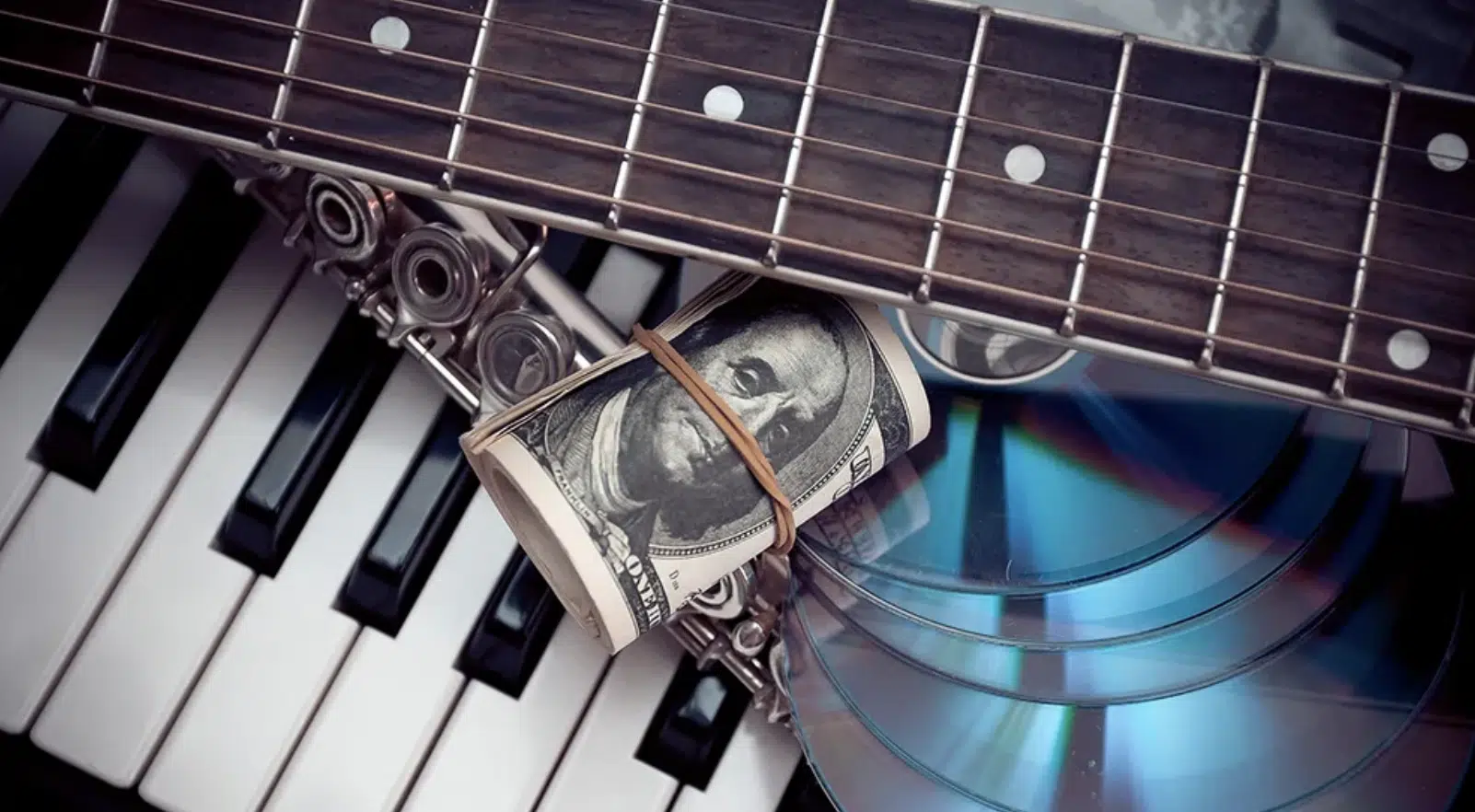
Unlike some other PROs, BMI does not charge a membership fee, which makes it a cost-effective option if you’re looking to join a performing rights organization.
#3. SESAC (Society of European Stage Authors and Composers)

SESAC, founded in 1930, is unique among the top three PROs because it operates on an invitation-only basis.
This exclusivity allows SESAC to offer personalized services to its members.
SESAC represents a smaller, curated group of songwriters 一 focusing on providing high-quality service and support.
SESAC members benefit from personalized attention, competitive royalty rates, and advanced technology for tracking performances.
It also offers various career development and promotional opportunities.
-
Pro Tip
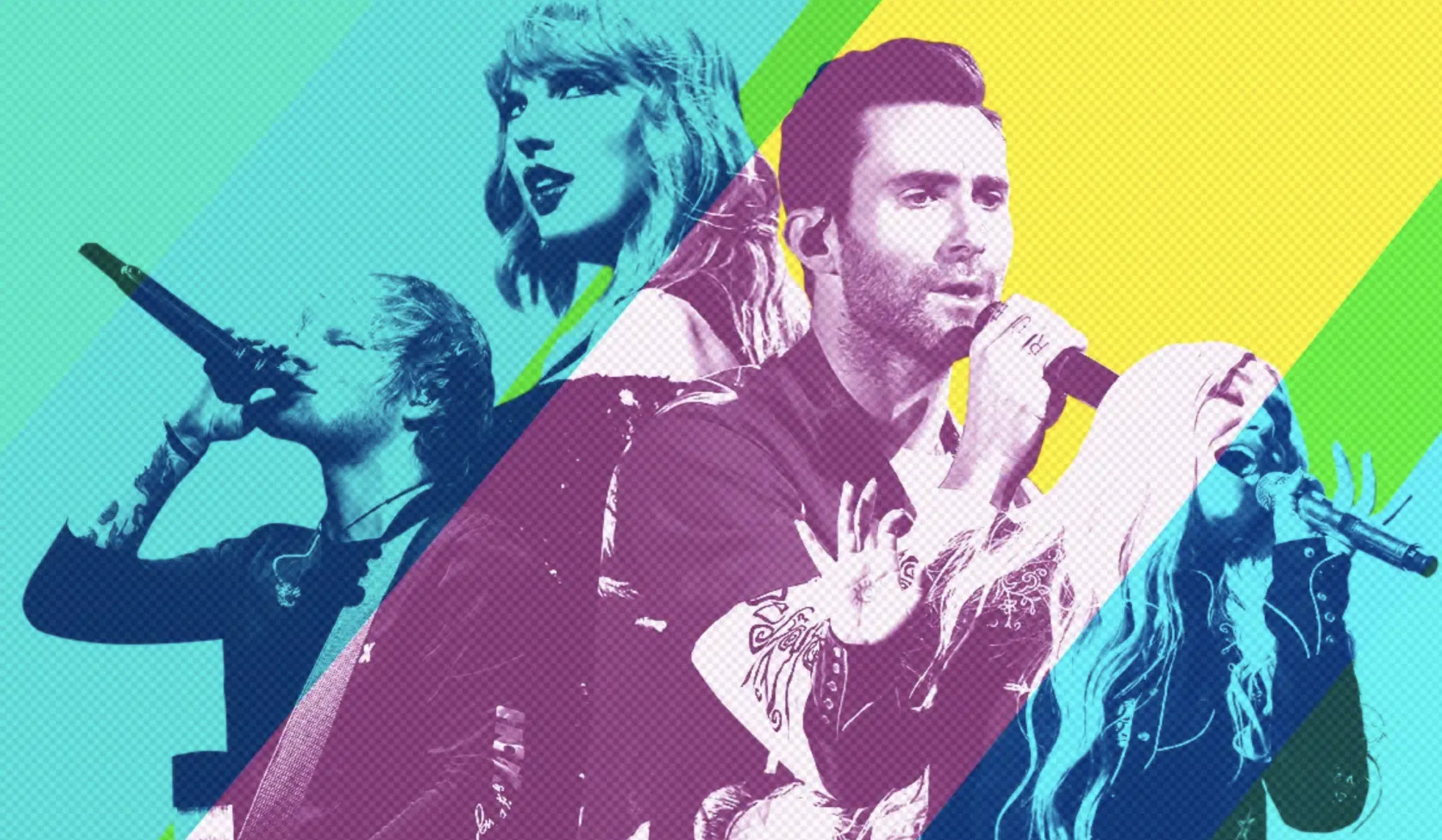
While SESAC does not publicly disclose its fee structure, its invitation-only policy suggests that it really maintains a high standard of service and exclusivity.
Other Notable Performing Rights Organizations
In addition to the top three PROs in America, there are several other notable organizations around the globe.
#4. PRS for Music (UK)
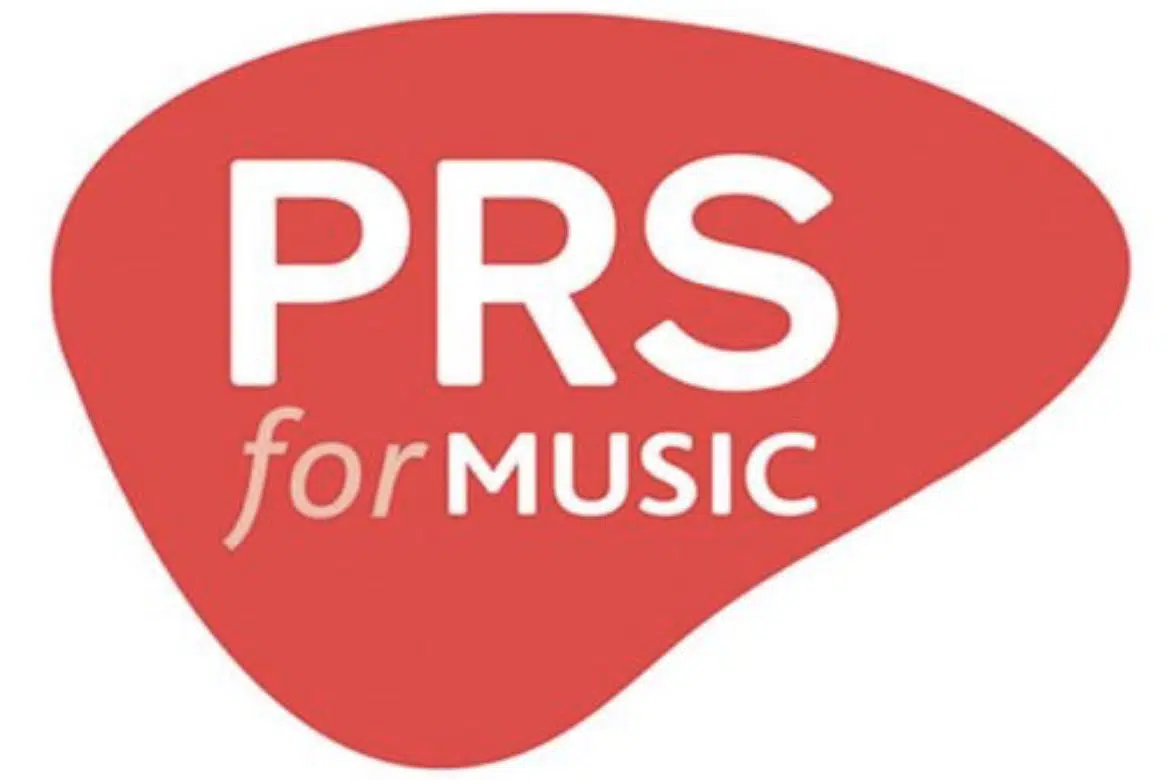
PRS (Performance Rights Society) for Music, based in the UK, represents over 145,000 songwriters, composers, and music publishers.
It operates in partnership with the MCPS (mechanical copyright protection society) to manage both performance and mechanical royalties.
The MCPS/PRS Alliance provides extensive royalty collection society and distribution services, so you should be covered on all fronts.
This makes them a prominent player in the global music industry game.
PRS for Music offers extensive resources for its members 一 including legal advice, career support, networking opportunities, and even starting your own business.
-
Pro Tip

Members also benefit from the organization’s top-of-the-line royalty tracking and distribution systems.
Plus, the alliance with MCPS ensures that members receive both performance and mechanical royalties.
#5. GEMA (Germany)

GEMA, based in the country of Germany, represents over 75,000 members and is one of the largest performing rights organizations in Europe, believe it or not.
It manages the rights for songwriters, composers, and music publishers, and they’re known for its thorough services and royalty collection system.
Members of GEMA benefit from efficient royalty distribution, extensive support services, and access to international markets.
This is all possible through its partnerships with other performing rights organizations.
-
Pro Tip
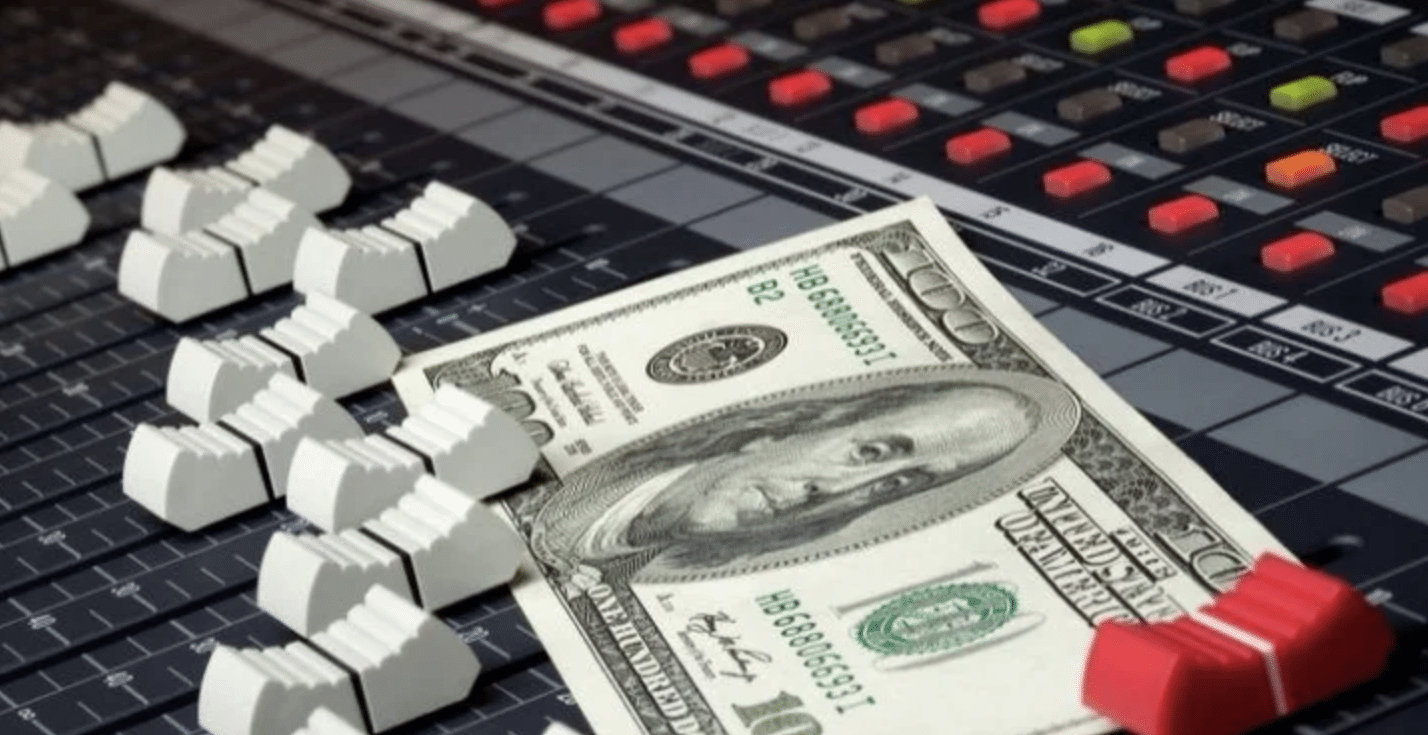
This global reach ensures that music creators receive royalties not just from their home country, but also from performances around the world.
GEMA’s detailed tracking and reporting systems guarantee that members are accurately compensated for the use of their musical compositions.
Choosing the Right Performing Rights Organization For You
Selecting the right performing rights organization is crucial for maximizing your royalty income and ensuring your music is properly protected.
-
Factors to Consider
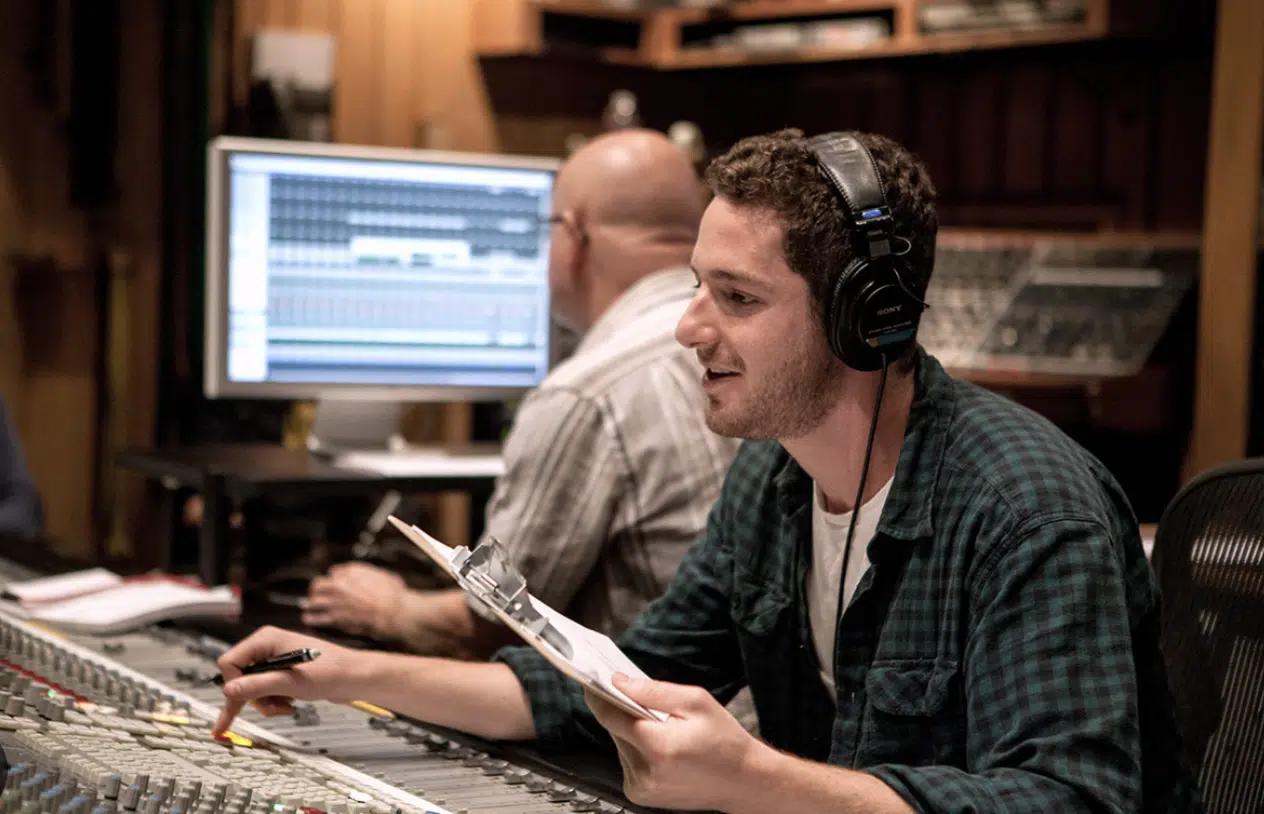
When choosing a performing rights organization, consider things like:
- The organization’s reach
- The types of licenses they offer
- Their fee structures
Some PROs have a global reach, while others may focus on specific regions or most countries in a certain area.
Make sure the PRO represents you properly and works within the area(s) where your music is most likely to be performed.
Also, evaluate the different support services offered by the PRO…
This includes legal support for artists, career development opportunities on your behalf, and access to industry/music business networks.
These services can be invaluable, especially for emerging artists and songwriters.
-
Types of Licenses Offered
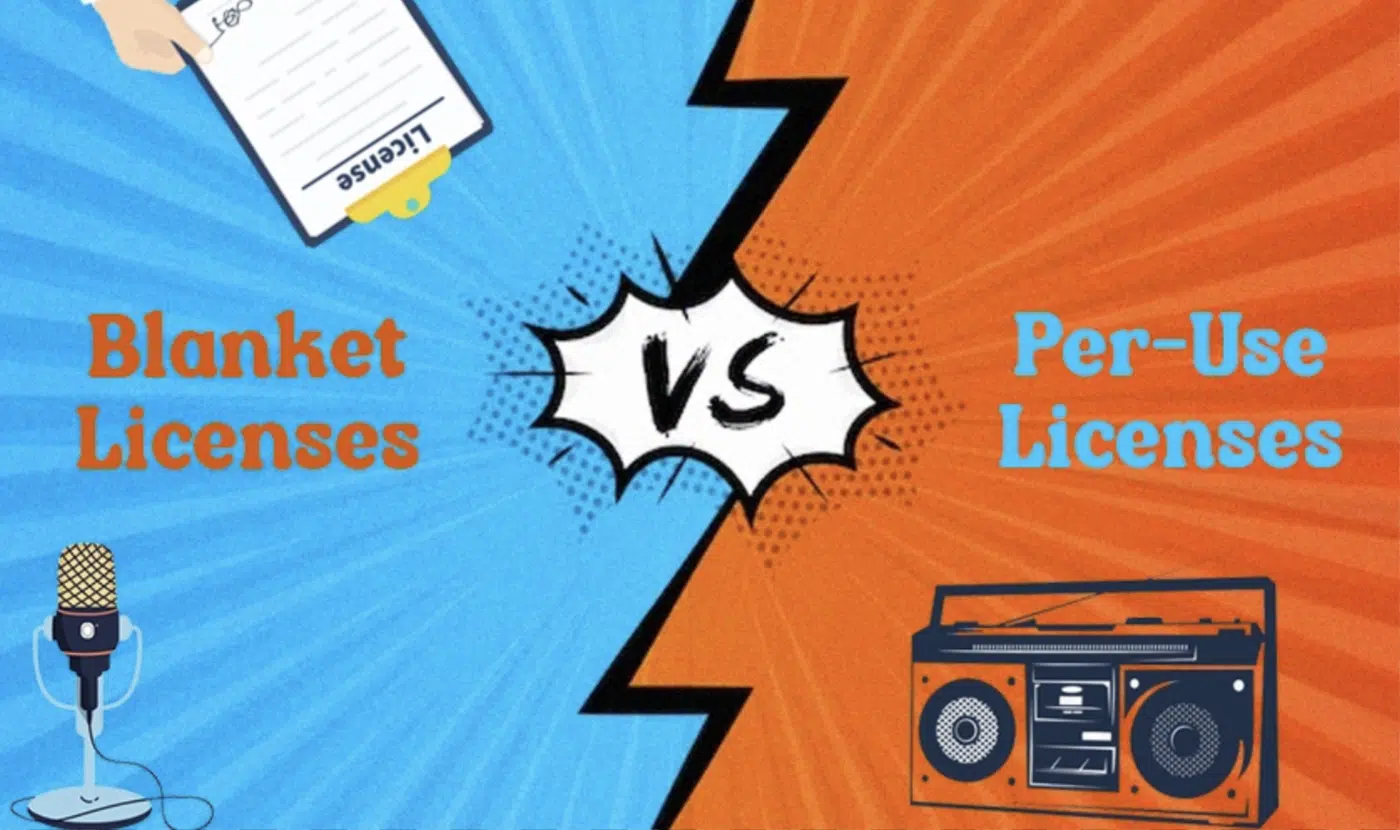
Performing rights organizations offer various types of licenses, including blanket licenses and specific performance licenses.
Blanket licenses allow businesses to play a wide range of music legally and specific performance licenses (per-use licenses) are issued for particular events or uses.
Understanding the types of licenses offered by a PRO can help you determine if they align with your needs and the ways your unique music will ultimately be used.
If your song played frequently in live venues, you might prefer a PRO that excels in issuing and managing live performance licenses.
If your music is often streamed online, on the other hand, look for a PRO with strong digital rights management capabilities.
It’s all about choosing the best fit for you and your tracks.
-
Fees and Royalties
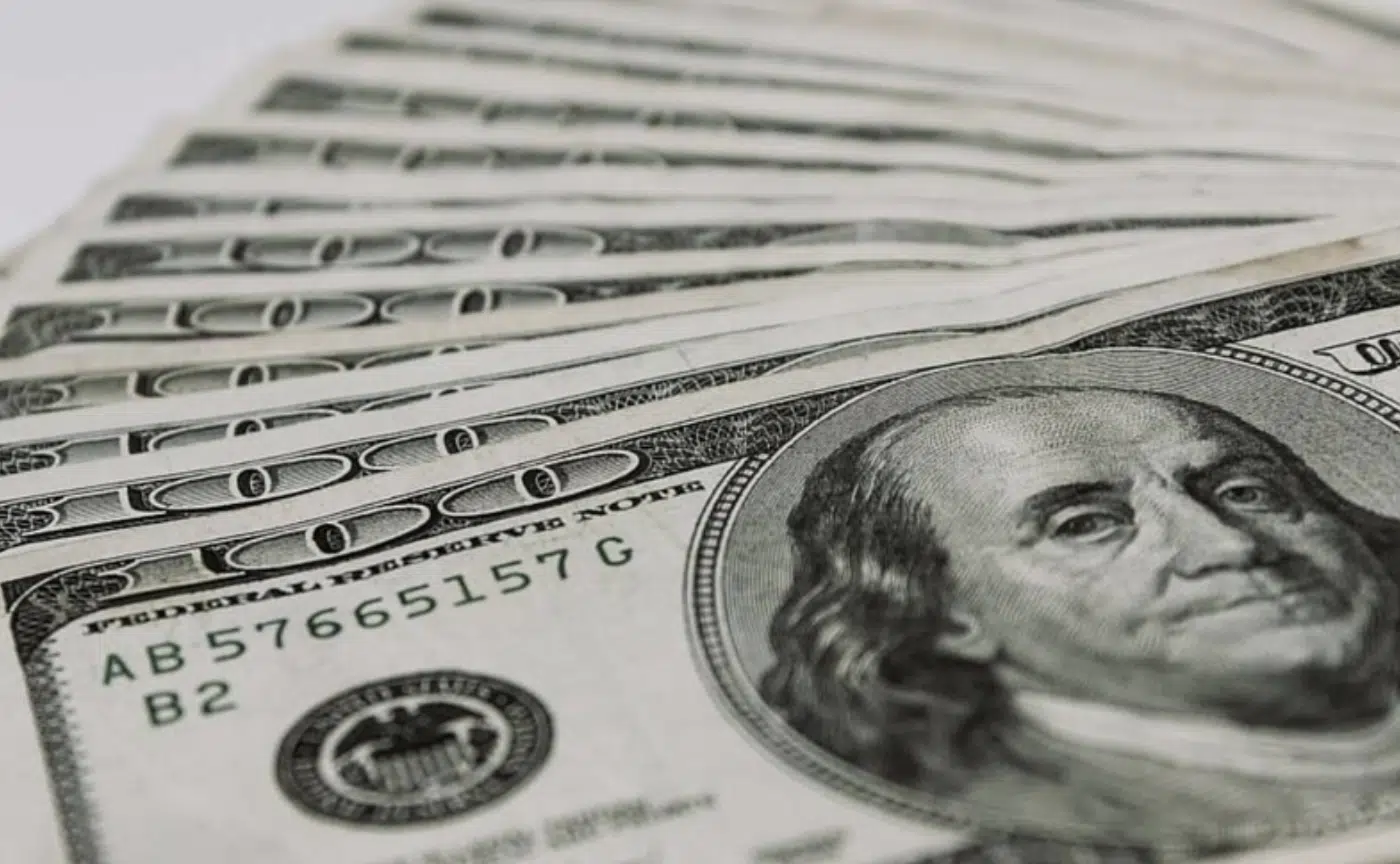
Different PROs have different fee structures and royalty distribution methods.
- Some PROs 一 Charge a one-time membership fee.
- Other PROs 一 Might have annual fees.
It’s important to understand these costs and weigh them against the potential royalty income you can earn.
For instance, ASCAP charges a one-time membership fee, which makes it super accessible for many creators across the world.
On the flip side SESAC operates on an invitation-only basis and may offer different financial arrangements.
Always weigh out your needs and financial situation when choosing a PRO.
-
Impact on Streaming Services
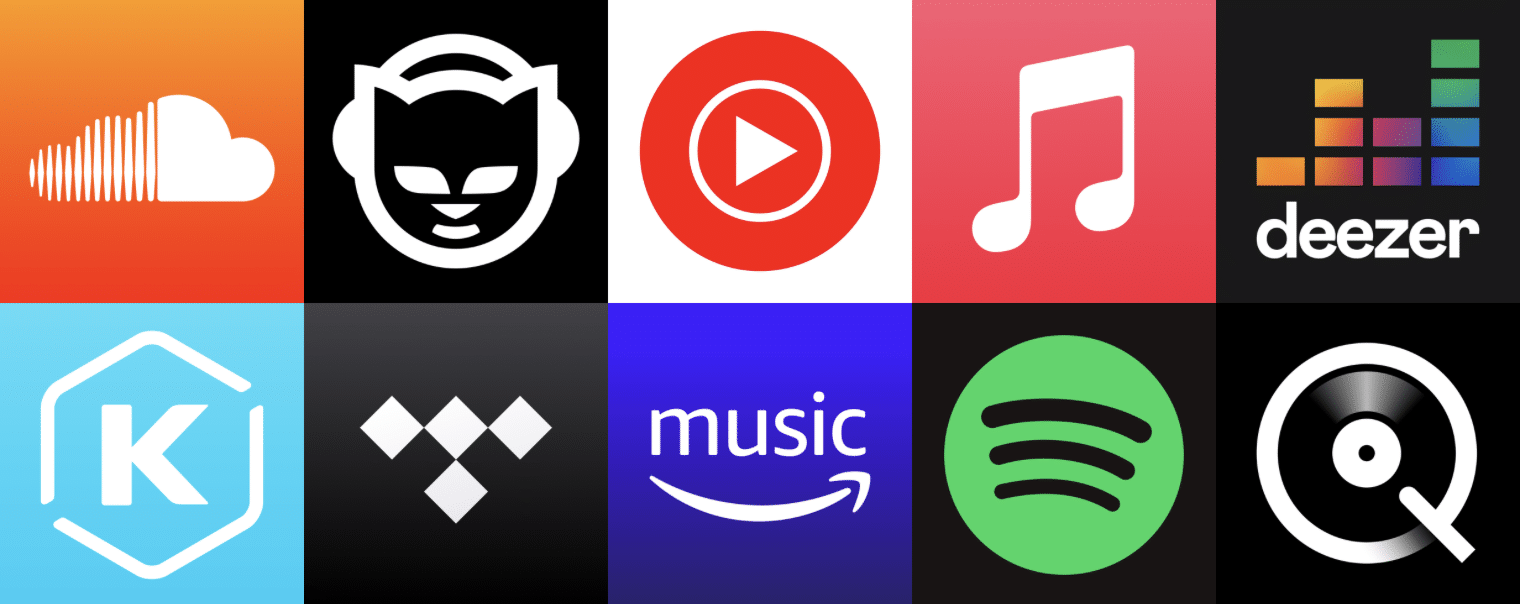
With the rise of streaming services, PROs have adapted their systems to manage digital performing rights.
They now work closely with platforms like Spotify, Apple Music, and YouTube to collect royalties for music played online.
This ensures that music creators receive income from streams, which has become a major source of revenue in the music industry.
For example, when a song is streamed on Spotify, the platform pays royalties to the PRO, which then distributes these royalties to the music creators.
This process involves detailed tracking and reporting to ensure accurate payments based on the number of streams.
FAQs About Performing Rights Organizations
As a bonus, here are some frequently asked questions about performing rights organizations that will help you understand what they’re all about. This way, you can have confidence before choosing one.
-
How to Join a Performing Rights Organization?
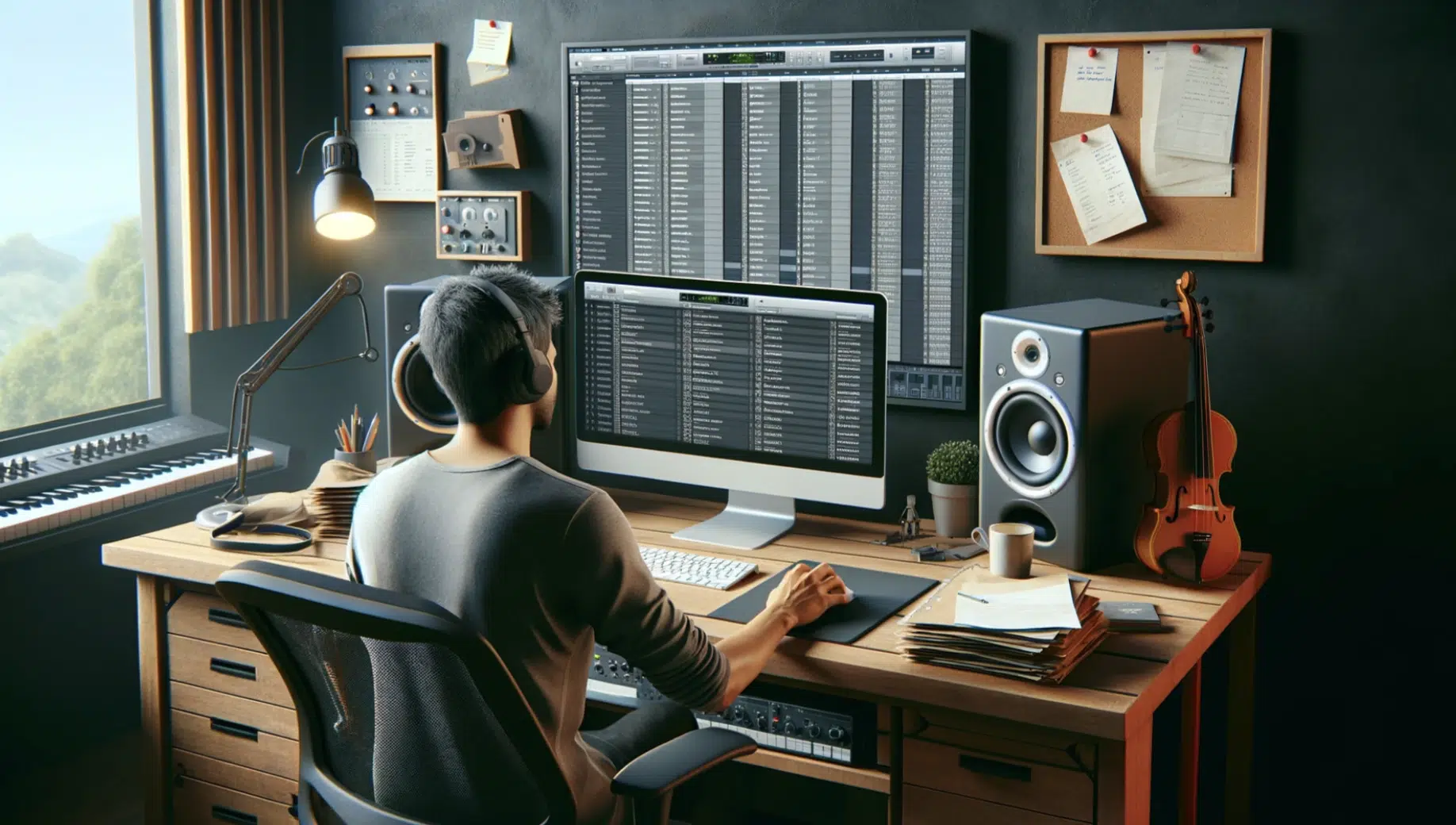
Joining a performing rights organization simply involves filling out an application and paying a membership fee (if applicable).
Each PRO has its own requirements and procedures, so it’s important to check their specific guidelines, rules, and restrictions.
Generally, you’ll need to provide information about your tracks and any existing publishing agreements in place.
For example, to join ASCAP, you need to complete an online application and pay a pretty reasonable one-time membership fee.
Once your application is approved, you can start registering your songs and earning royalties from public performances.
Yes, it’s really that easy.
-
How are Royalties Calculated?

Royalties collected are calculated based on the frequency and duration of your music’s public performances.
PROs collect data from various sources (radio stations, TV networks, and streaming services) to determine how often your music is played.
This data is then used to calculate your royalty payments.
If your song is played multiple times on a popular radio station, the PRO will collect royalties from the station and distribute them to you based on the number of plays.
This ensures that you are fairly compensated for the use of your music.
-
The Role of Copyright Law
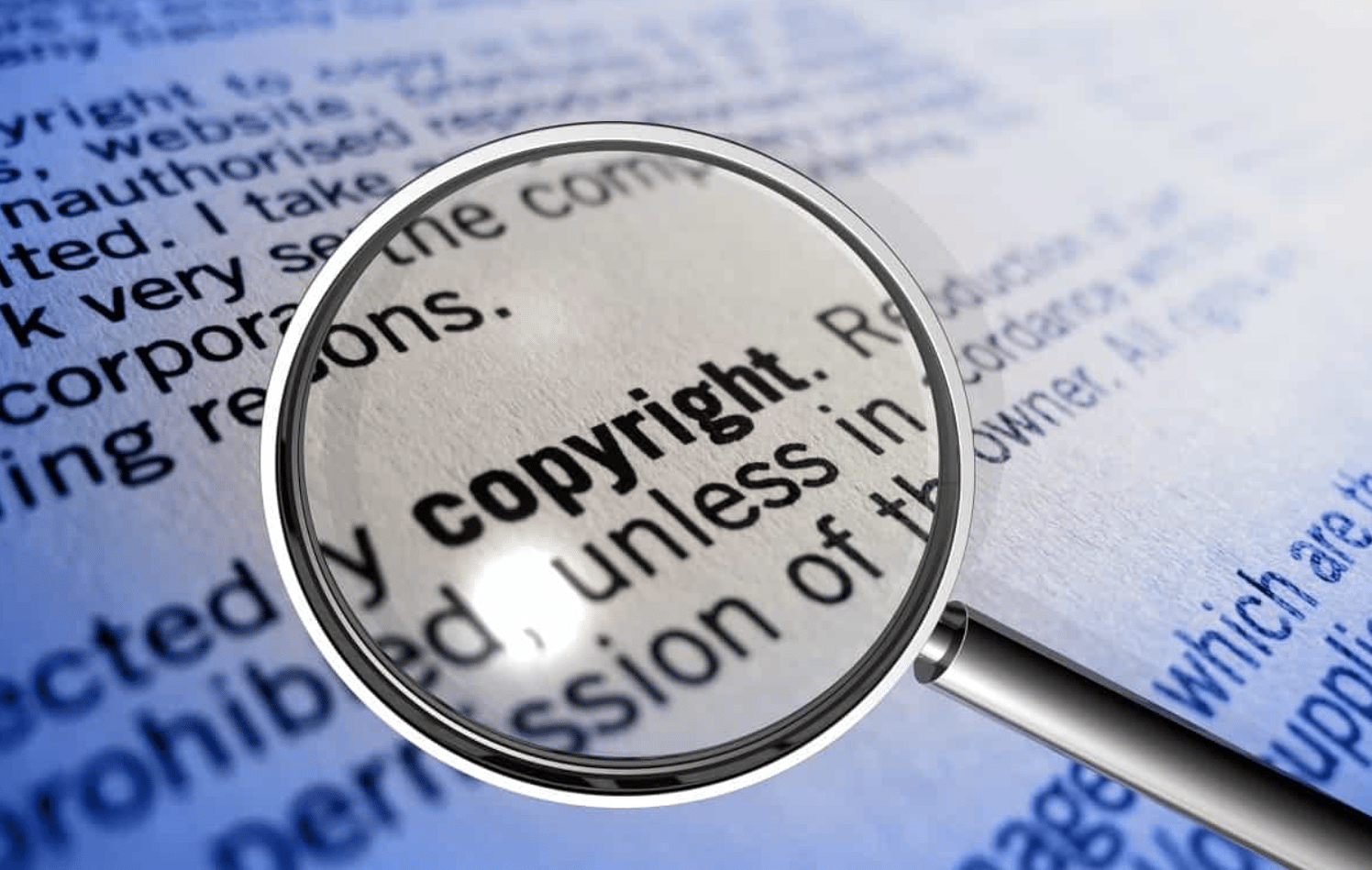
Copyright law plays a crucial role in protecting your rights as a music creator (copyright holders) 一 making sure you have control over how your music is used.
As well as make sure you get paid for public performance rights and reproduction.
PROs work within the framework of copyright law to enforce your rights and collect royalties on your behalf.
For instance, if someone uses your music without permission, copyright collection law allows you to take legal action to stop the unauthorized use and seek compensation.
PROs can provide legal support and advocacy to help protect your rights with the copyright collective.
Performing Rights Organization: Final Thoughts
Performing rights organizations can be your best friends as a songwriter or artist.
They can help you manage and collect royalties and ensure you receive fair compensation for the public performance of your tracks.
Plus, by partnering with a PRO, you’ll be able to focus on refining and mastering your craft because your music will be protected and properly credited.a
Speaking of royalties and copyright laws, if you’d like access to the greatest royalty-free/copyright-free sounds in the game, you’ve got to check out these Show-stopping Free Samples.
Regardless of genre, style, or project, these legendary samples (created by seasoned professionals) will help you produce and create like a boss.
Make sure to take advantage of the resources and protections that performance rights organizations have to offer.
This way, you’ll maximize your earnings and safeguard your music, which are the most valuable things in the world to a creator.
Until next time…






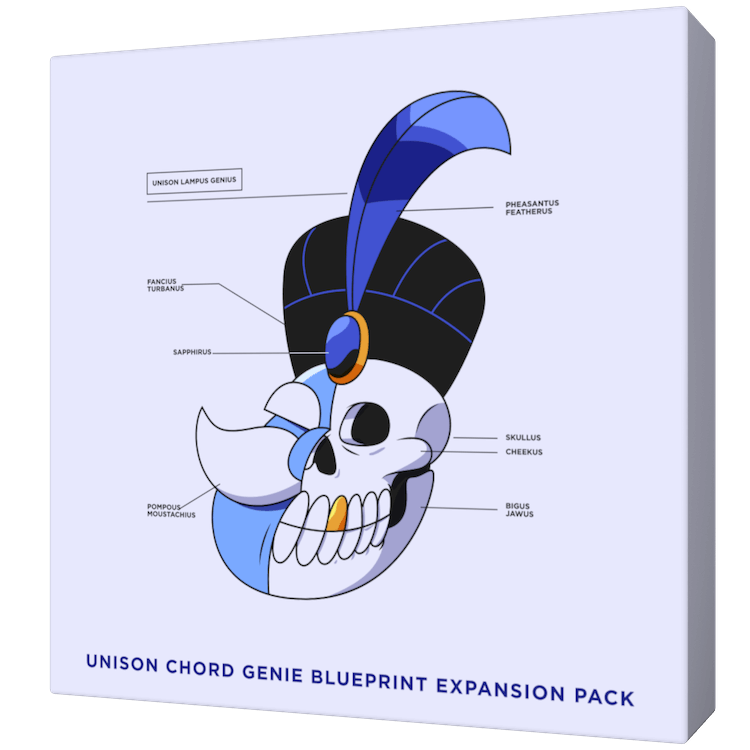
Leave a Reply
You must belogged in to post a comment.